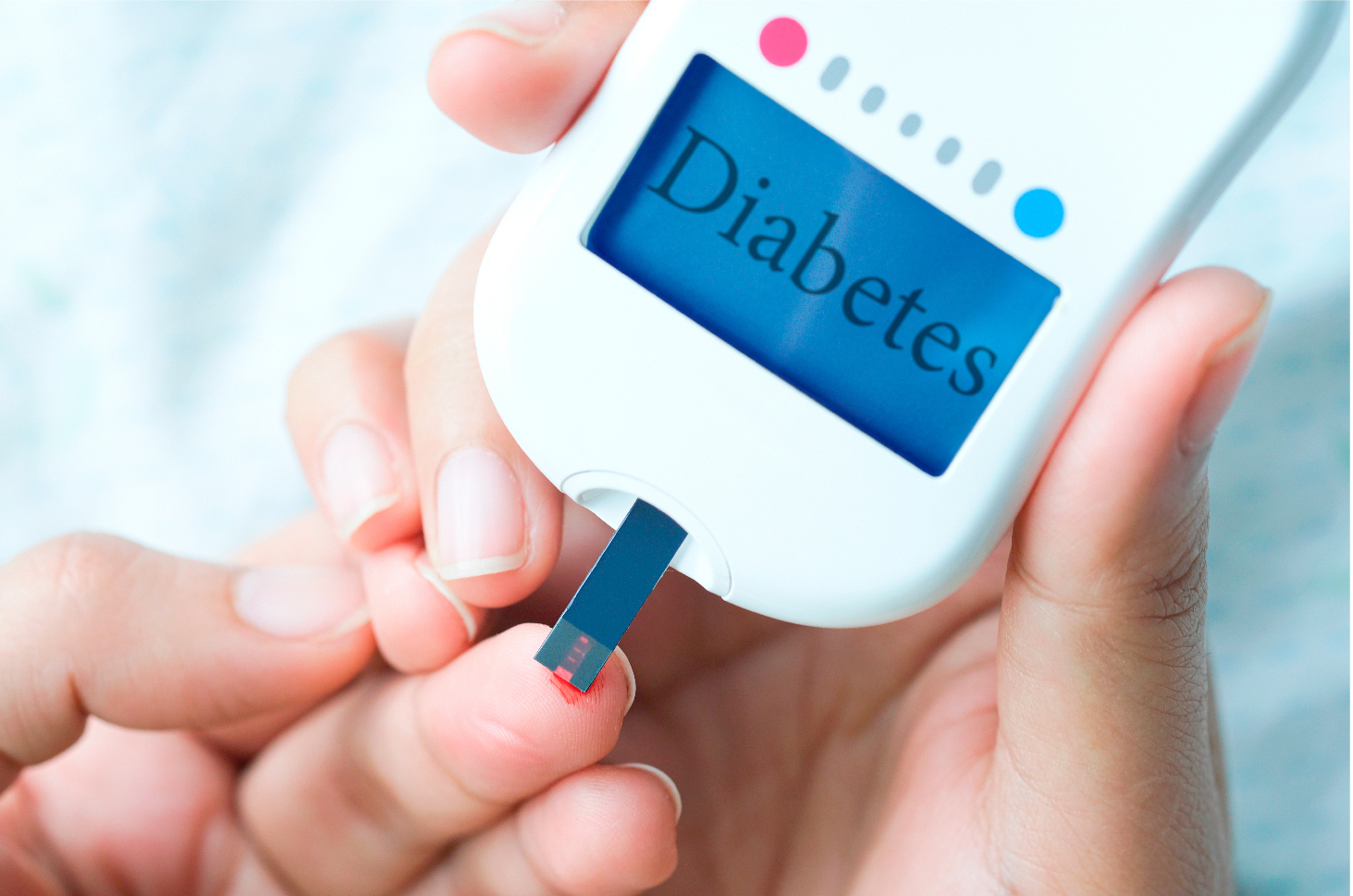Understanding Diabetes: Symptoms, Causes, Treatment and Prevention -
Diabetes is a chronic condition that affects millions of people worldwide. It is characterized by high levels of sugar in the blood, which can lead to various health complications if left untreated. In this blog, we'll discuss the causes, symptoms, and possible treatments of diabetes.
Understanding Diabetes
Before we delve into the specifics of diabetes, it's important to understand what it is and how it affects the body. The food we eat is broken down into glucose, which is used by the body for energy. Insulin is a hormone produced by the pancreas, which helps regulate the level of glucose in the blood. In diabetic patients, the body either doesn't produce enough insulin, or it doesn't use it effectively, which leads to high levels of glucose in the blood.
Symptoms of Diabetes
The symptoms of diabetes can vary from person to person, but some of the most common ones include:
- Frequent urination
- Increased thirst
- Extreme hunger
- Fatigue
- Blurred vision
- Slow-healing wounds
- Tingling or numbness in the feet or hands
- Unexplained weight loss
If you experience any of these symptoms, it's important to see a doctor as soon as possible.
For immediate consultation visit https://www.drpatnaikbrainspineheartcare.com/
Causes of Diabetes
There are two main types of diabetes - Type 1 and Type 2.
Type 1 Diabetes
Type 1 diabetes is an autoimmune disease, where the immune system attacks and destroys the insulin-producing cells in the pancreas. The exact cause of Type 1 diabetes is not known, but it is believed to be a combination of genetic and environmental factors.
Type 2 Diabetes
Type 2 diabetes is the more common type, and it can be caused by several factors, including:
- Obesity or being overweight - Sedentary lifestyle - Unhealthy diet - Genetics – Age
Treating Diabetes
There is currently no cure for diabetes, but it can be managed effectively with the right treatment. The treatment plan will depend on the type of diabetes you have and the severity of your condition.
https://www.drpatnaikbrainspineheartcare.com/ Visit us.
Type 1 Diabetes
For patients with Type 1 diabetes, the treatment usually involves daily insulin injections, blood sugar monitoring, and healthy lifestyle choices. Insulin can be administered through injections, insulin pens, or insulin pumps.
Type 2 Diabetes
For patients with Type 2 diabetes, the treatment plan may include:
- Healthy lifestyle choices - this includes a healthy diet, regular exercise, and maintaining a healthy weight. - Oral medications - there are several medications available that can help lower blood sugar levels. - Insulin therapy - some Type 2 diabetic patients may require insulin therapy to manage their blood sugar levels effectively.
Diabetes is a serious condition that requires proper management and treatment. It’s important to recognize the symptoms and seek medical attention if you experience any of them. With the right treatment plan and healthy lifestyle choices, diabetic patients can live long, healthy lives.
If you have any concerns or questions about diabetes, don’t hesitate to make an appointment with your doctor for a proper diagnosis and treatment plan. Get an appointment
https://www.drpatnaikbrainspineheartcare.com/
Prevention for Complications
People diagnosed with diabetes are likely to face complications stemming from the disease. This is because diabetes can cause damage to different parts of the body, such as the eyes, kidneys, nerves, and heart. The good news is that there are ways to both prevent and manage complications of diabetes.
One of the best ways to prevent complications of diabetes is to manage your blood sugar levels effectively. This requires regular monitoring of your blood sugar levels and taking insulin or other medications as prescribed by your healthcare provider. A healthy diet, regular exercise, and avoiding smoking can also help to keep your blood sugar levels under control and prevent further damage to your body.
In addition to managing your blood sugar levels, it is important to regularly visit your healthcare provider to check for complications of diabetes. For example, eye exams can help to identify early signs of diabetic retinopathy, while kidney function tests can help to identify any damage to the kidneys. Early detection and treatment of complications can prevent them from becoming worse and potentially permanent.
If complications of diabetes do occur, there are treatments available that can help to manage them. For example, medication or surgery may be used to treat diabetic eye disease, while dialysis or a kidney transplant may be necessary for those with kidney disease. It is important to work closely with your healthcare provider to develop a treatment plan that is tailored to your specific needs. https://www.drpatnaikbrainspineheartcare.com/
Overall, preventing and managing complications of diabetes requires proactive management of blood sugar levels, regular healthcare check-ups, and early detection and treatment of complications. By taking these steps, people with diabetes can reduce the likelihood of experiencing complications and enjoy a better quality of life.
